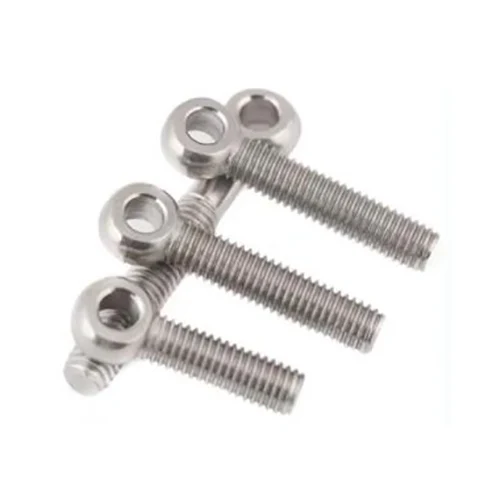What Is a Bolt and Why Is It So Important in Construction and Manufacturing?
2025-06-24
Bolts may seem like small, simple components, but they play a crucial role in holding together everything from bridges and buildings to machinery and furniture. Whether you're building a skyscraper or assembling equipment, choosing the right bolt is essential for safety and durability.
What Exactly Is a Bolt?
A bolt is a type of threaded fastener used to mechanically join two or more components. It typically works in conjunction with a nut to create a strong, secure connection. Bolts come in a variety of lengths, diameters, thread types, and head styles—each suited for different applications.

Common materials include:
Carbon steel
Stainless steel
Alloy steel
Brass and other non-ferrous metals
How Are Bolts Different from Screws?
While bolts and screws look similar, there's a key difference: bolts require a nut or a pre-threaded hole to secure the joint, whereas screws are typically self-tapping. Bolts provide a stronger and more reliable hold, especially in high-load or structural applications.
Where Are Bolts Used?
Bolts are used in nearly every industry, including:
Construction – For structural steel connections, bridges, and concrete anchorings
Automotive – In engine assembly, suspension systems, and body panels
Machinery – To fasten moving parts in industrial equipment
Furniture and Appliances – For frame assembly and support
Types of Bolts You Might Encounter
There are many types of bolts, such as:
Hex bolts – Common in construction and machinery
Carriage bolts – Used in wood or decorative applications
Anchor bolts – For attaching objects to concrete
U-bolts – Used to secure pipes or tubes to a surface
Each bolt type is designed to meet specific strength, corrosion resistance, and installation requirements.
Why Quality Matters
A poor-quality bolt can lead to joint failure, equipment breakdown, or even safety hazards. That's why it's essential to use bolts that meet industry standards and are manufactured with precision.
Looking for high-quality bolts for your project? We supply a wide range of standard and custom bolts for construction, manufacturing, and industrial use. Contact us to learn more or request a quote.


